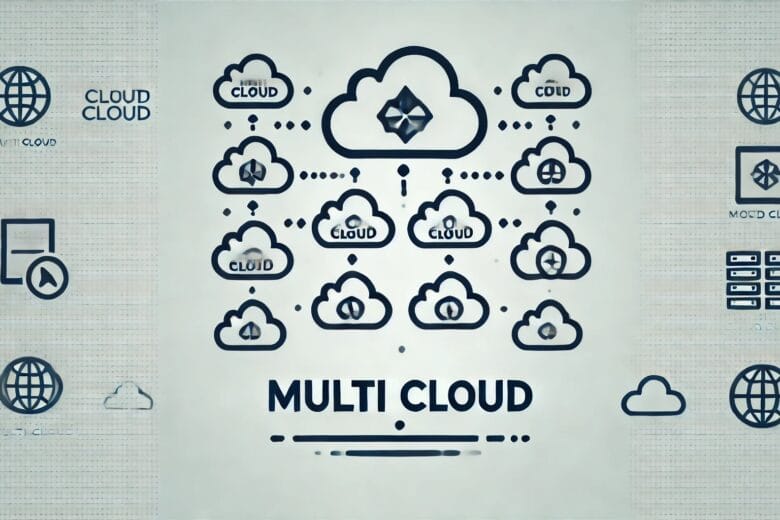TL;DR
Multi-cloud certification exams are becoming increasingly important as businesses adopt strategies that involve using multiple cloud platforms (e.g., AWS, Azure, Google Cloud). This post covers the value of multi-cloud certifications, key certification options, and study tips to help you prepare.
Guide to Multi-Cloud Certification Exams: What You Need to Know
With the exponential growth of multi-cloud environments, IT professionals are seeking certifications to showcase their skills in managing and architecting solutions across multiple cloud providers like AWS, Azure, and Google Cloud. In this post, I’ll cover the key points to consider when preparing for a multi-cloud certification exam.
What is Multi-Cloud?
Multi-cloud refers to the use of two or more public or private cloud platforms to create a comprehensive IT solution. Companies adopt this strategy to avoid vendor lock-in, increase redundancy, enhance compliance, and leverage the strengths of different providers.
Why Are Multi-Cloud Certifications Important?
As more organizations adopt multi-cloud strategies, the demand for professionals who can navigate between different cloud environments and integrate these systems effectively is growing. Multi-cloud certifications demonstrate the ability to:
• Manage distributed infrastructure
• Implement hybrid solutions
• Ensure security and compliance across different environments
Top Multi-Cloud Certifications
While most cloud certifications focus on a single provider, some cover multi-cloud skills or prepare you to manage different platforms. Here are a few popular certifications:
1. Certified Cloud Practitioner (AWS) + Microsoft Certified: Azure Fundamentals
• These certifications provide a solid foundation for those wanting to understand both AWS and Azure. They cover the basics of the two leading cloud platforms.
2. Google Professional Cloud Architect
• Although focused on Google Cloud, this certification addresses principles that can be applied across multiple cloud environments, including architecture, system design, and security.
3. HashiCorp Certified: Terraform Associate
• Terraform is a widely-used tool for managing multi-cloud infrastructures. This certification demonstrates your ability to manage and automate infrastructure across various cloud providers.
4. Certified Kubernetes Administrator (CKA)
• Since Kubernetes is often deployed across multiple clouds, this certification proves your ability to manage multi-cloud Kubernetes clusters.
Tips for Studying for a Multi-Cloud Exam
Here are some tips to help you prepare:
• Hands-on practice: Many certification exams test real-world scenarios. Create a multi-cloud test environment using AWS Free Tier, Google Cloud, and Azure to understand how these platforms interact.
• Understand platform differences: Each cloud has its unique features, like security policies, network management, and storage. Knowing the differences and similarities is crucial.
• Leverage recommended learning resources: Many platforms offer specific training and hands-on labs for multi-cloud exams.
Conclusion
Earning a multi-cloud certification can boost your career as it proves your valuable ability to work in diverse environments. When preparing, focus on the fundamentals of each cloud platform and practice with real-world scenarios to be ready for the challenges ahead.
Let me know if you want to add anything else or if you’d like help generating an image for this post!




